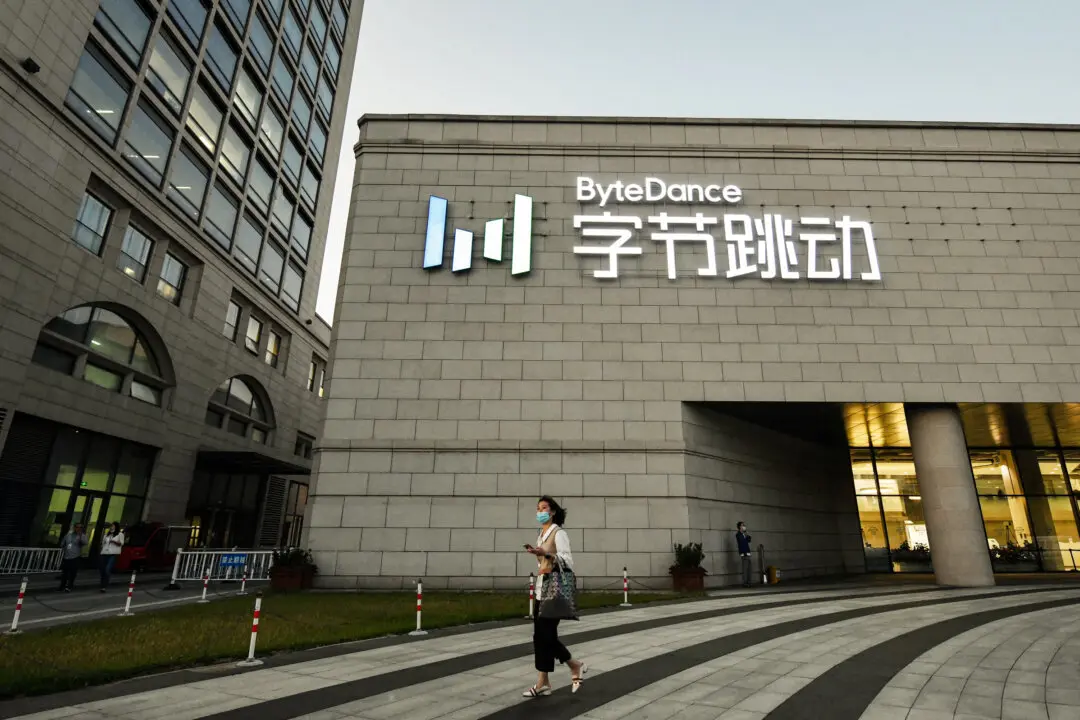The COVID-19 epidemic is rampant in China’s Hebei Province. While the source of the latest outbreak of the CCP virus in the province is still unknown, the communist regime’s vice premier Sun Chunlan blames “religious activities” for its spread.
Chinese citizens told The Epoch Time that the Chinese Communist Party (CCP)’s disinformation propaganda of the pandemic and its promotion of an herbal drug to treat COVID-19 might have lowered people’s guard and caused this round of outbreak in the province and surrounding areas.




